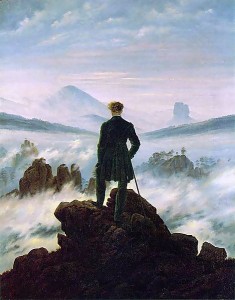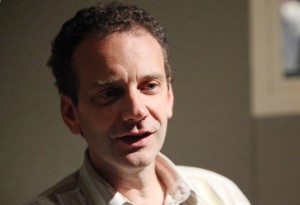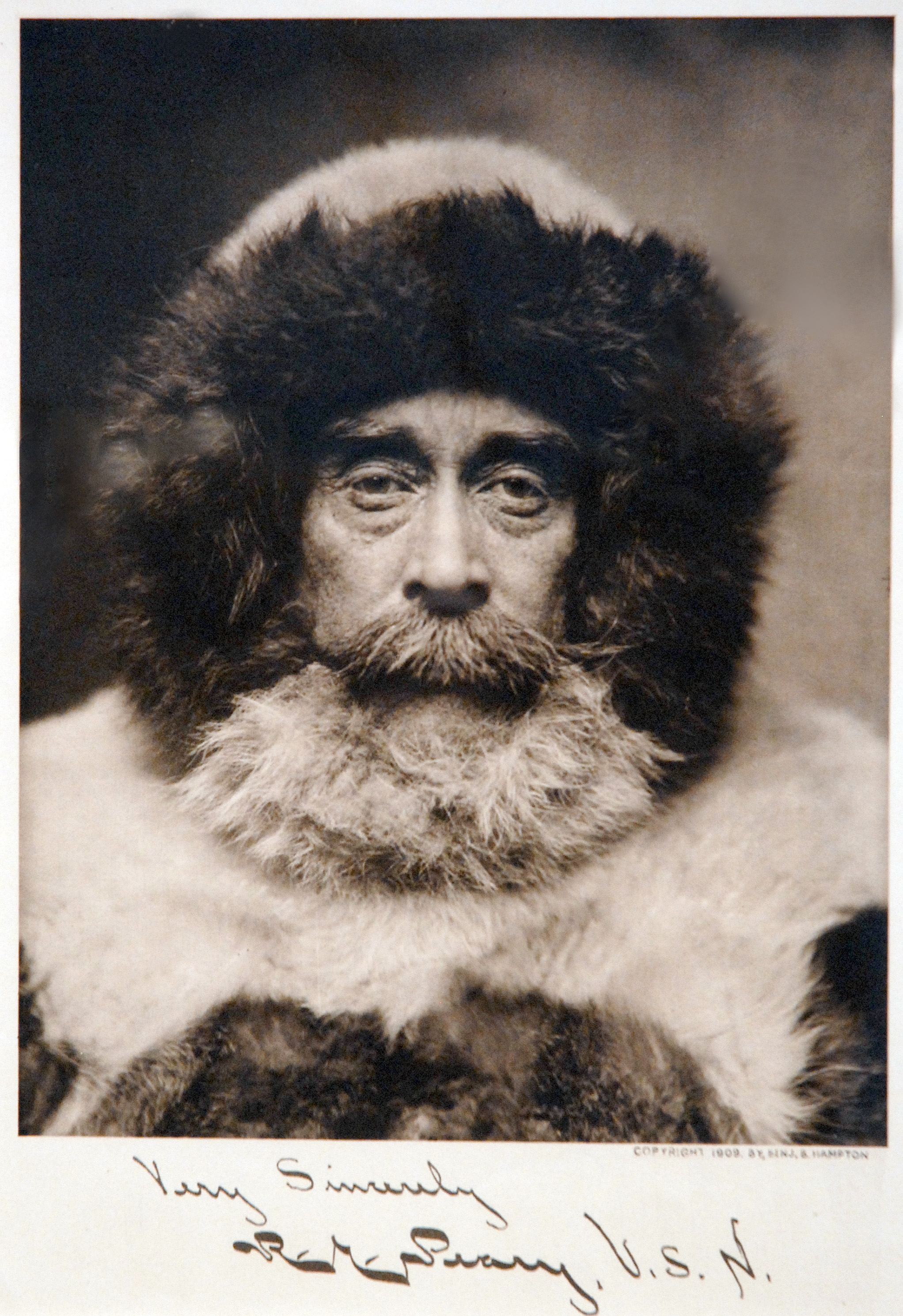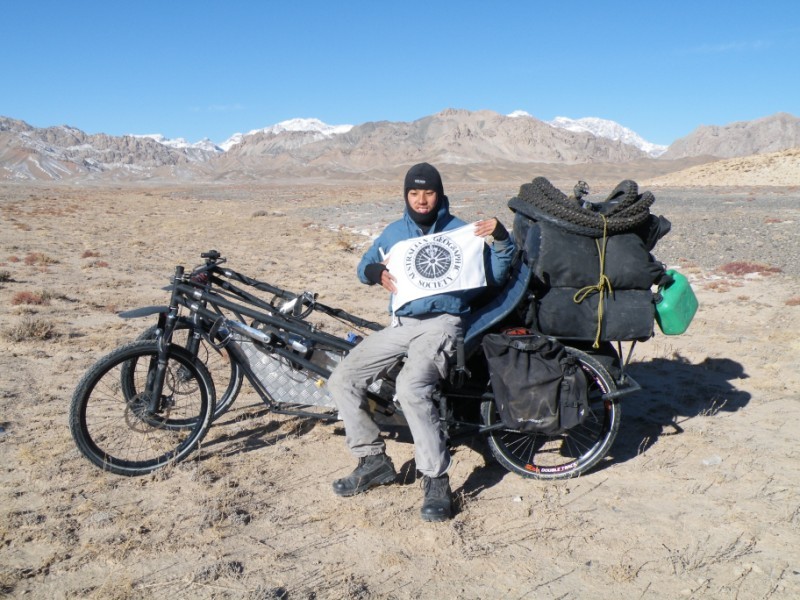Mikael published an interesting post last week on “Academics vs.
Explorers.” The post described some of the tensions that exist between
explorers and university professors on matters related to exploration.
As a historian of exploration I can say that many of Mikael’s points
ring true: academics are less than comfortable at times collaborating
with travelers and explorers on matters of geography, science,
anthropology, and exploration.
Why? I think there are a couple of reasons.
First, academics usually approach their subject matter from a specific
viewpoint or research methodology. For example, anthropologists, field
biologists, archeologists, and historians all have different
frameworks for understanding the world and its peoples. Information
obtained from explorers (or other fields) often doesn’t fit very well
within these frameworks and, therefore, remains difficult to
integrate. Most travelers and explorers, by necessity, need to
approach new peoples and new regions with versatility, sensitivity,
and creativity. They do not have the time to settle in one place the
way an anthropologist does. They cannot carry thousands of pounds of
equipment the way archeologists do. They cannot afford to set up their
travels as controlled experiments.

Second, academics often don’t know how to categorize explorers. For
example, as a historian of exploration, I am interested in the
culture, experience, activities, ideas, and biases of explorers. This
is the subject of my research. Working with explorers is exciting for
me because it sometimes gives me insight into the historical
expeditions that I focus on in my work. But it can sometimes also be
uncomfortable because I don’t know which hat to wear. Am I a colleague
listening to a fellow expert in the field? Or am I an anthropologist,
analyzing my subject for information about his or her ideas, beliefs,
and behaviors?
Still I think that academics and explorers would benefit from closer contact.
One way explorers might help professionals in general (and academics
in particular) is in thinking outside the disciplinary box. Sometimes
my greatest insights come from sources far removed from my field of
expertise in the history of science and exploration.
One way that explorers might benefit from academics is in looking at
exploration more critically. I often hear travelers and explorers
speak about exploration in rather visionary terms: as a way of
escaping overly commercialized and routinized life in order to find a
“core” self….or as a deep-seated, instinctive behavior that humans
express in order to achieve their full humanity. While these ideas are
inspiring, they don’t really conform with data on the history of
explorers and exploration. Christopher Columbus, Robert Peary, and
NASA astronauts all reached “new worlds” far away from the
civilizations they knew. Yet all of them remained deeply invested in
the practical and personal payoffs of exploration back home (eg. fame,
glory, professional advancement). My research leads me to believe that
the desire to explore flows as much from the influence of modern
culture (by modern I mean after the 18th century!) as it does from our
innate drives or inner curiosity.
In the end, however, I am fine if academics and explorers don’t see
eye-to-eye as long as they keep talking to each other face to face.
For some of my other essays on this topic see:
The Myth of Pure Experience
[http://timetoeatthedogs.com/2010/09/04/the-myth-of-pure-experience/]
The Problem of Human Missions to Mars
[http://journalofcosmology.com/Mars134.html]
The Explorer Gene [http://timetoeatthedogs.com/2009/09/28/the-explorer-gene/]



I’ve been reading the other posts in your blog and I saw one by Micheal Robinson entitled “academics versus explorers”. I think that part of the jealous of the academics is stemmed from the fact that they’re jealous of the explorers are not being confined by the intellectual and mental frameworks that they themselves work inside of, the general public don’t perceive what they do in comparison to what explorers do ‘as being much fun’, and they are far more invested in the fieldwork for its benefit in terms of their own career advancement etc..than anyone else. Their findings must always be ‘bigger and better’ than that of their professional colleagues since in many cases one of their unspoken goals of their fieldwork is really in many cases from what I’ve learned from listening to them talk and from reading about a goal of one upmanship. It’s actually horribly sad and pathetic in my mind but I’ve never told the archaeologists that spoke of fieldwork in this way this but that’s what I think. I do know that there’s tons of artifacts sitting in boxes taking up shelves and shelves of archives all over the world but since this analysis takes much more time than fieldwork usually takes and it hasn’t got that ‘cool exploration’ factor this information will sadly not be analysed.